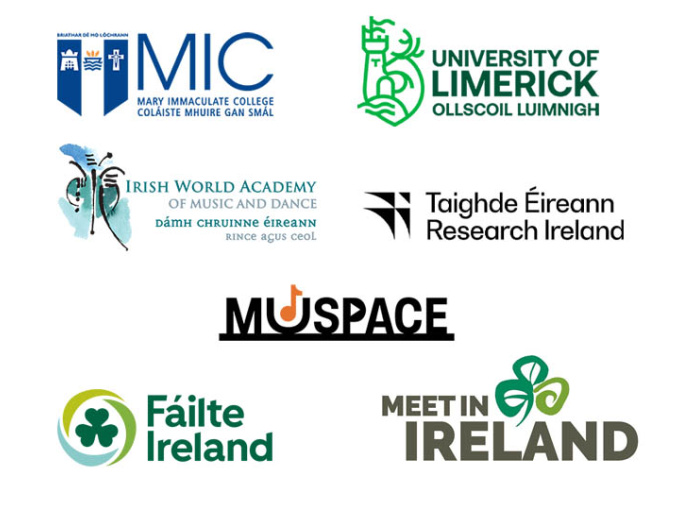Cultural Diversity in Music Education (CDIME) Conference
We are delighted to invite you to join us at the 17th Cultural Diversity in Music Education (CDIME) Conference which will take place at Mary Immaculate College, Limerick and the Irish World Academy of Music and Dance, University of Limerick on 30 Sep - 2 Oct, 2025.

CDIME 2025
CDIME 2025 Theme: Living Diversity, Imagining Inclusivity: Practicing (Non-)belongings in Music Education
The Cultural Diversity in Music Education (CDIME) conference has provided a platform for the exchange of practices and research related to cultural diversity in music education since 1992. In 2025 the 17th CDIME Conference will be an in-person event and will be held in Limerick, Ireland. The conference is co-hosted by Mary Immaculate College and the Irish World Academy of Music and Dance, University of Limerick.
- Conference Location: Mary Immaculate College, Limerick & Irish World Academy of Music and Dance, University of Limerick
- When: Tuesday 30 September - Thursday 2 October, 2025
Conference registration is now open.
Register
Keynote Speakers: Rhiannon Giddens and Nasim Niknafs







